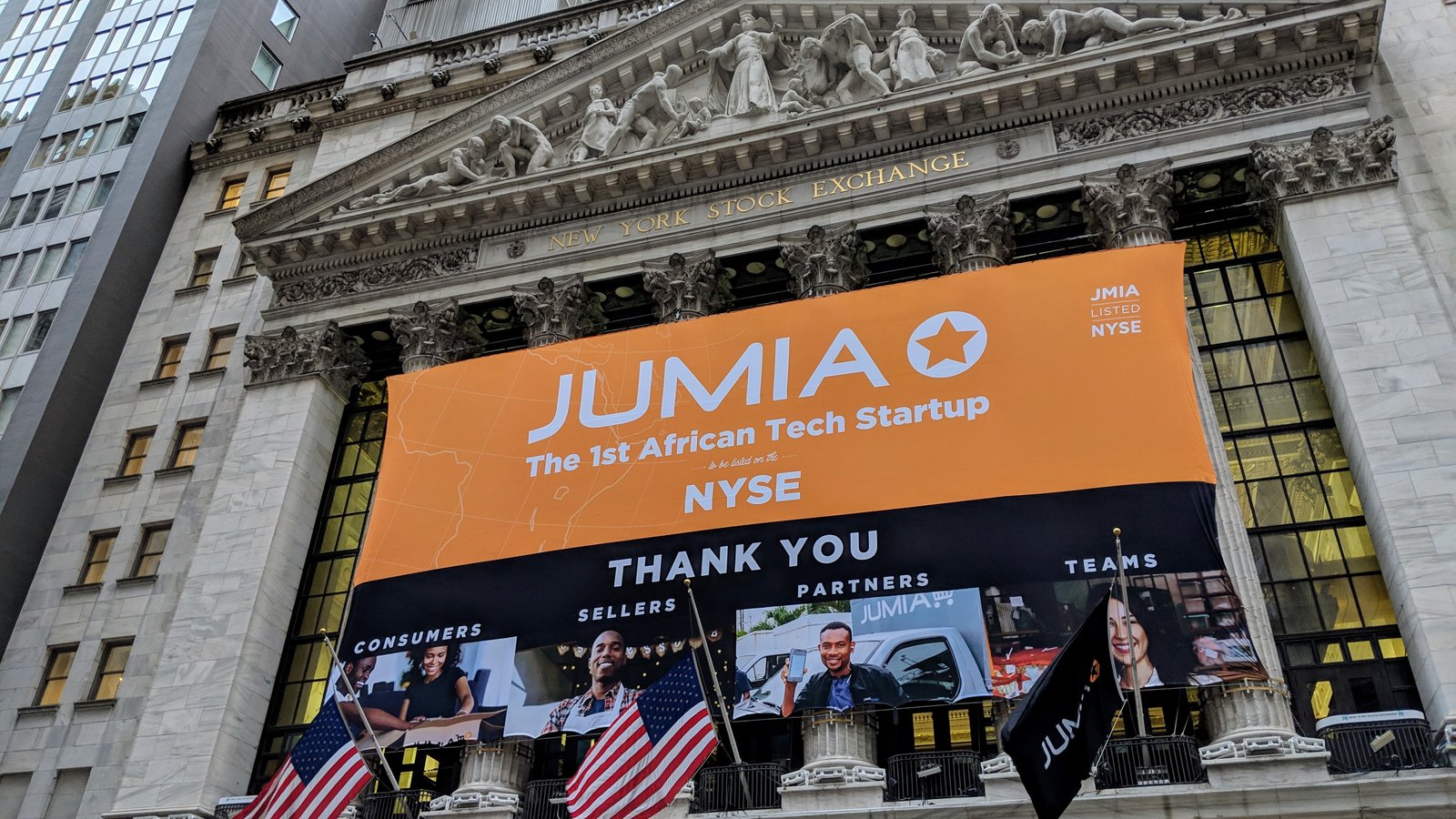At its $69.89 peak, investors’ confidence in Jumia Technologies (NYSE:JMIA) also reached its highest point. The euphoria ended when the Nasdaq sank well below its February 2021 highs. JMIA stock fell steadily throughout the rest of the year. There’s a good chance that Jumia will fall further even though it’s trading close to its 52-week lows.

Why do investors no longer look at this Africa-based e-commerce firm as the next Amazon.com (NASDAQ:AMZN)?
JMIA Stock Slumps After Jumia’s Q3 Results
Jumia’s Q3 revenue increased by an unacceptably low 8.7% year-over-year to $42.7 million. Its EBITDA loss, excluding certain items, of $52.5 million was also disappointing. Jumia’s gross merchandise volume growth of 8.1% YOY and its annual active customer growth of 8.1% YOY to 7.3 million were likewise unimpressive.
Investors may have overlooked Jumia’s EBITDA losses if it had reported higher transaction revenue and active customer growth. The company’s weak results suggest that customers in Africa are not embracing e-commerce as much as Americans did many years ago.
It could take years for Jumia to be profitable . That’s partly because its sales, advertising, technology investments, and general expenses will all increase. For example, its general and administrative expenses excluded share-based compensation and still rose 10% YOY to $25.2 million. So its general and administrative expenses climbed more than its revenue growth.
Speculators could compare Jumia’s growth to MercadoLibre (NASDAQ:MELI), which has a smaller market capitalization than that of Amazon. MELI stock also plunged from its $2,020 high.
Given the struggles of the shares of Jumia and MercadoLibre, it’s reasonable to anticipate that consumers’ online spending will not return to 2020 levels again.
Wrong Opportunity
The media hype around Jumia in mid-2020 and earlier this year sent the stock to unsustainable levels. Many pundits stated that the firm was the next Amazon.
As tax-loss selling season approaches, many investors are selling JMIA stock. The shares could rebound for a short time after that phenomenon ends.
Jumia is not at all similar to Amazon. Jumia has had product quality issues, undermining the satisfaction of its customers. And Jumia’s customers tend not to return to the website as much as Amazon’s customers continue to utilize its website.
Jumia Co-CEO Sacha Poignonnec said that it has sought to market itself to consumers at all stages of interest in Jumia. The company has also introduced new product categories and encouraged them, using incentives, to utilize the company’s payments platform, JumiaPay.
Growth Prospects
Jumia heavily marketed its sales ahead of the holiday season. That will have a mixed impact on its holiday sales in December. In the last quarter, Jumia’s customers received discounts when they paid with JumiaPay. They may use the payment system again during the holidays, lifting Jumia’s operating margins in the process.
The company offered free shipping on certain grocery orders. Those incentives may encourage its customers to come back and buy items in bulk. It would justify Jumia’s investments in its platform.
Cautious investors who expect a correction in the Nasdaq index in 2022 should avoid JMIA stock. In such conditions, markets tend to punish companies that post losses every quarter.
Fair Value
Only one analyst offered an updated rating on JMIA shares in the last two weeks. The rating from Stifel Nicolaus is a “hold” with an $18.00 price target, according to Tipranks. According to simplywall.st, the stock’s fair value, based on the company’s future cash flow, is $15.49.
Risks
Jumia will have to spend more on its operations going forward. It needs to bring the right products to its customers. To do so, it must work with its suppliers and sellers. and add international brands to its marketplace, increasing its costs.
Jumia can ship packages quickly. Jumia Food ships products to some customers in 20 minutes, and it also offers 1-hour shipping. The company’s fulfillment expenses are dropping.
The Bottom Line
After its steep drop, Jumia is less risky than ever. It can fall more due to tax-loss selling. Investors seeking stable growth companies should buy the shares of Amazon or MercadoLibre stock. More speculative investors can consider taking a bullish position in JMIA stock.
On the date of publication, Chris Lau did not have (either directly or indirectly) any positions in the securities mentioned in this article. The opinions expressed in this article are those of the writer, subject to the InvestorPlace.com Publishing Guidelines.
